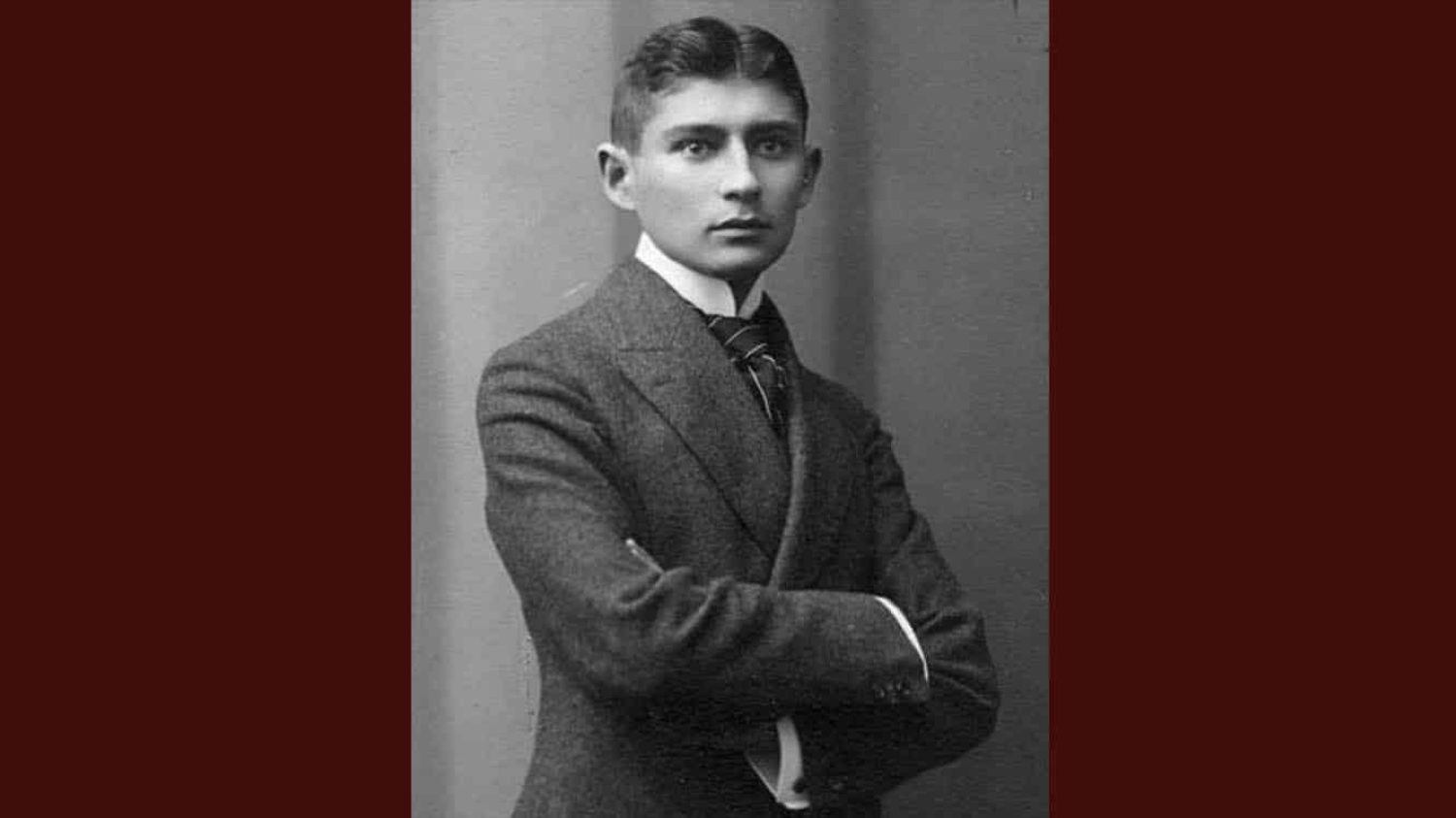Franz Kafka’s insurance job didn’t generate enough money to allow him to write full-time, so Kafka and his friend Max Brod decided to supplement their income by writing a series of guide books for tours “On the Cheap” in Europe. Unfortunately, the project never got off the ground. [1]
Franz Kafka, one of the most influential and enigmatic writers of the 20th century, was the first child of Hermann Kafka, a successful merchant, and his wife Julie. Franz was the eldest of six children and grew up in a middle-class, German-speaking, Jewish household, which would later influence his writing.
Kafka’s early life was marked by an intense focus on education and academic achievement. He attended the German-speaking state school in Prague and later pursued his higher education at the Charles-Ferdinand University of Prague, where he studied law. Despite academic success, Kafka found himself drawn to literature and was a prolific writer from a young age. He began composing poems, short stories, and even a few novellas during his early years. This burgeoning passion for writing set the stage for his future literary career.
After completing his education, he gained employment at an insurance company, forcing him to write only in his spare time. He often referred to this job as a “bread job” – only to pay the bills.
As his writing career began to take shape, Kafka drew a wealth of material from his early life. His themes were heavily influenced by his complex relationship with his domineering father and his deep-rooted feelings of isolation, which were exacerbated by his Jewish heritage in a predominantly anti-Semitic society. He often explored alienation, absurdity, and existential dilemmas. He became engaged to several women but never married, and one of his favourite authors was Flaubert.
Kafka’s unique body of work, much of which is incomplete, and now considered to be amongst the most influential in Western literature, attracted little attention until after his death. His unique blend of surrealism and psychological exploration would influence generations of writers and thinkers.
Kafka died on 3 June 1924.
